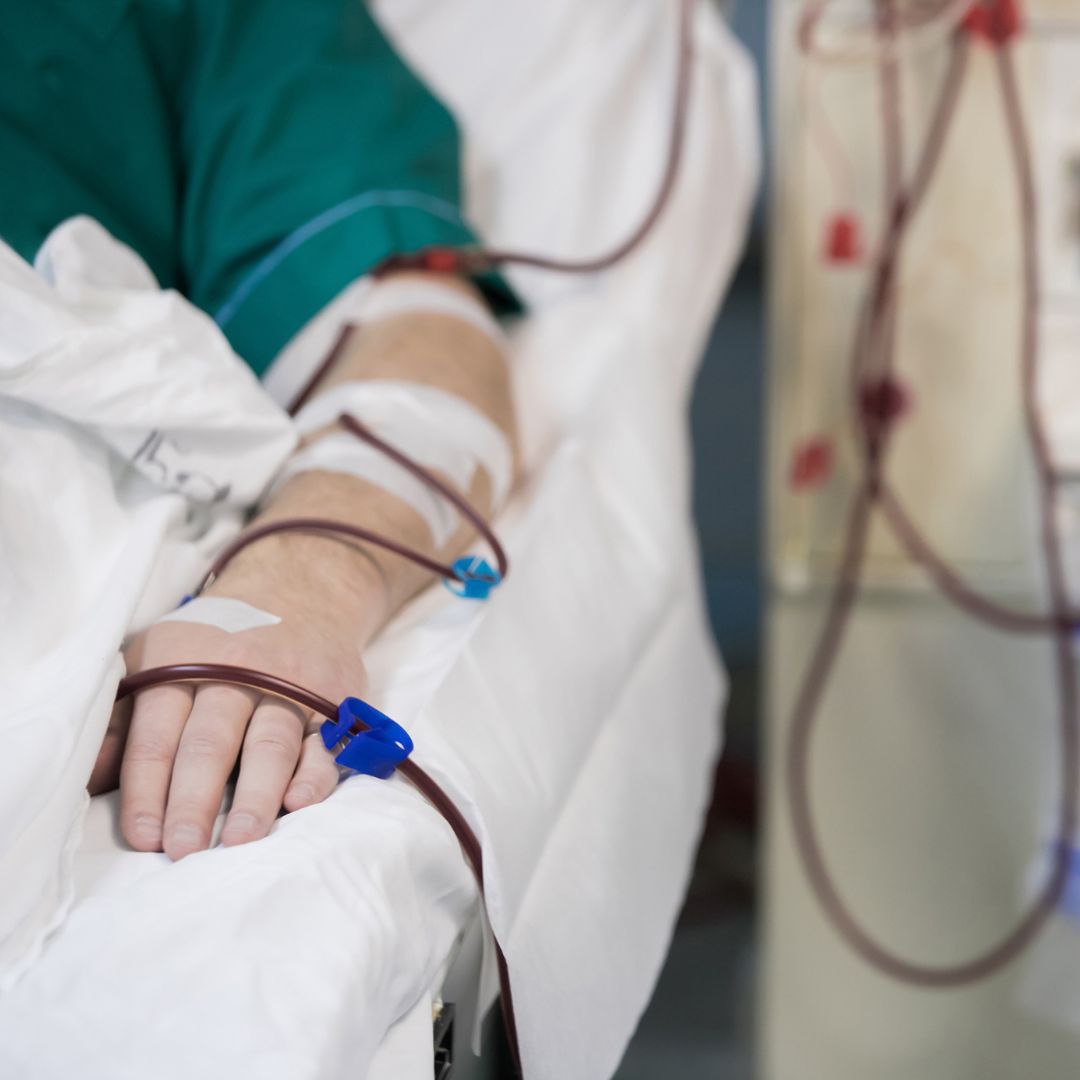
Dialysis patients face significant physical, emotional, and mental challenges due to the nature of their treatment and chronic kidney disease. Laughter Yoga, with its unique blend of simulated laughter, deep breathing, and playful exercises, can be a powerful complementary practice to improve their overall well-being. Here's how Laughter Yoga can benefit dialysis patients:
Stress Reduction and Emotional Resilience
Dialysis can cause anxiety, depression, and emotional fatigue. Laughter Yoga helps reduce stress hormones like cortisol and increases the production of feel-good hormones like endorphins. Regular laughter exercises foster a positive mental attitude, empowering patients to cope better with their treatment regimen.
Improved Circulation and Oxygenation
Dialysis patients often have restricted blood flow and oxygen levels. The deep breathing techniques in Laughter Yoga enhance oxygen intake and improve circulation, promoting better organ function.
Pain Management
Chronic kidney disease and its treatment can cause physical discomfort. Laughter Yoga acts as a natural painkiller by triggering the release of endorphins, which can alleviate physical pain and discomfort.
Boosting Immunity
Dialysis patients are often at risk of infections due to a weakened immune system. Laughter Yoga has been shown to boost immune function by increasing natural killer (NK) cell activity, which can provide added protection.
Relaxation and Fatigue Management
The repetitive and often exhausting nature of dialysis treatments can leave patients physically and mentally drained. Laughter Yoga relaxes the body, reduces muscle tension, and combats fatigue, leaving participants feeling energized.
Scientific studies
Here are three comprehensive studies which conclude that laughter therapy is a great way to improve the health condition of patients undergoing maintenance hemodialysis, which is a life sustaining therapy dreaded by many patients, resulting in loss of control over their life and increased fatigue and unhappiness.
Dialysis patients have poor muscle function because of the symptoms of age, kidney disease and the long hours attached to a dialysis machine. Intentional laughter helps to improve cardiovascular function, respiratory function, elevate pain tolerance, increase the body’s immune defence systems and foster better communication.
Australian Study: This study was conducted by Dr.Paul Bennett, from Deakin University, Melbourne, Australia and was initiated by our master trainer Merv Neal. The study examined the feasibility of conducting Laughter Yoga for patients with end stage kidney disease in a dialysis setting and explored the psychological and physiological impact of Laughter Yoga for these patients. The study showed decrease in episodes of low blood pressure during dialysis. There was no change in blood pressure, lung function, cramps or needle issues, while there was a positive impact on patient’s and the dialysis staff
US Study: This pilot study was done in two hemodialysis centers in California in 2017. Laughter therapy sessions were performed at mutually agreed upon times by staff, patients and therapists and performed once weekly. Each 30-minute session consisted of breathing and stretching exercises that facilitated intentional laughter exercises and laughter meditation. The study concluded that Laughter therapy can improve interpersonal interaction, relationships, increase friendliness and help build group identity, solidarity and cohesiveness.
Korean Study: This study measured was conducted in South Korea. Dialysis Centre of Bundang CHA General Hospital Sought Korea. A 4-week simulated laughter programme was administered to haemodialysis patients which had group sessions as well as individual laughter sessions promoting simulated laughter, breathing, stretching and meditation. The study aimed to evaluate the effects of a simulated laughter programme on mood, cortisol levels, and health-related quality of life among haemodialysis patients and concluded that simulated laughter programme may help improve mood and health-related


